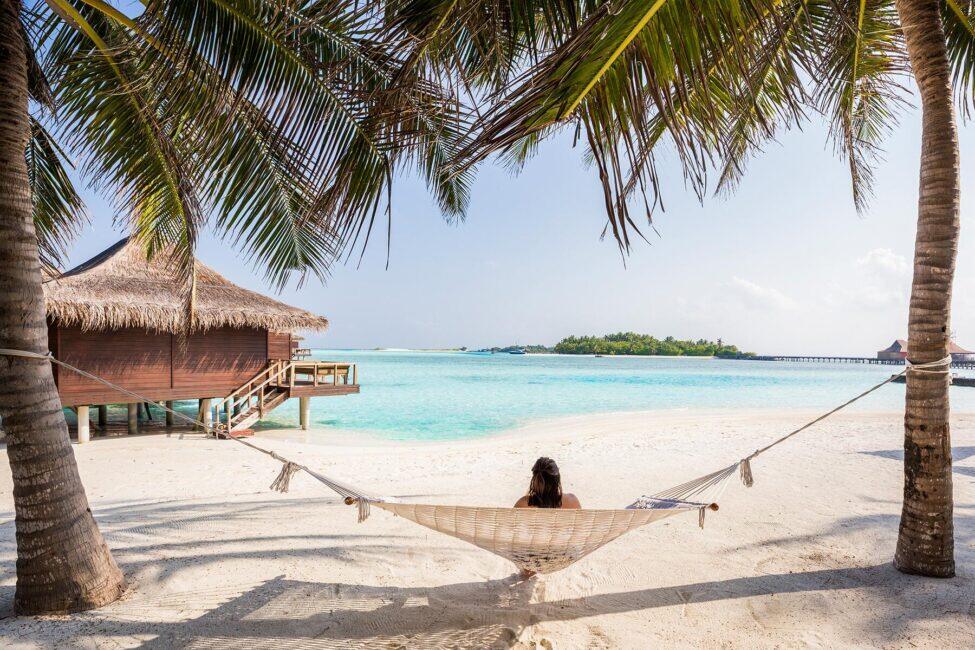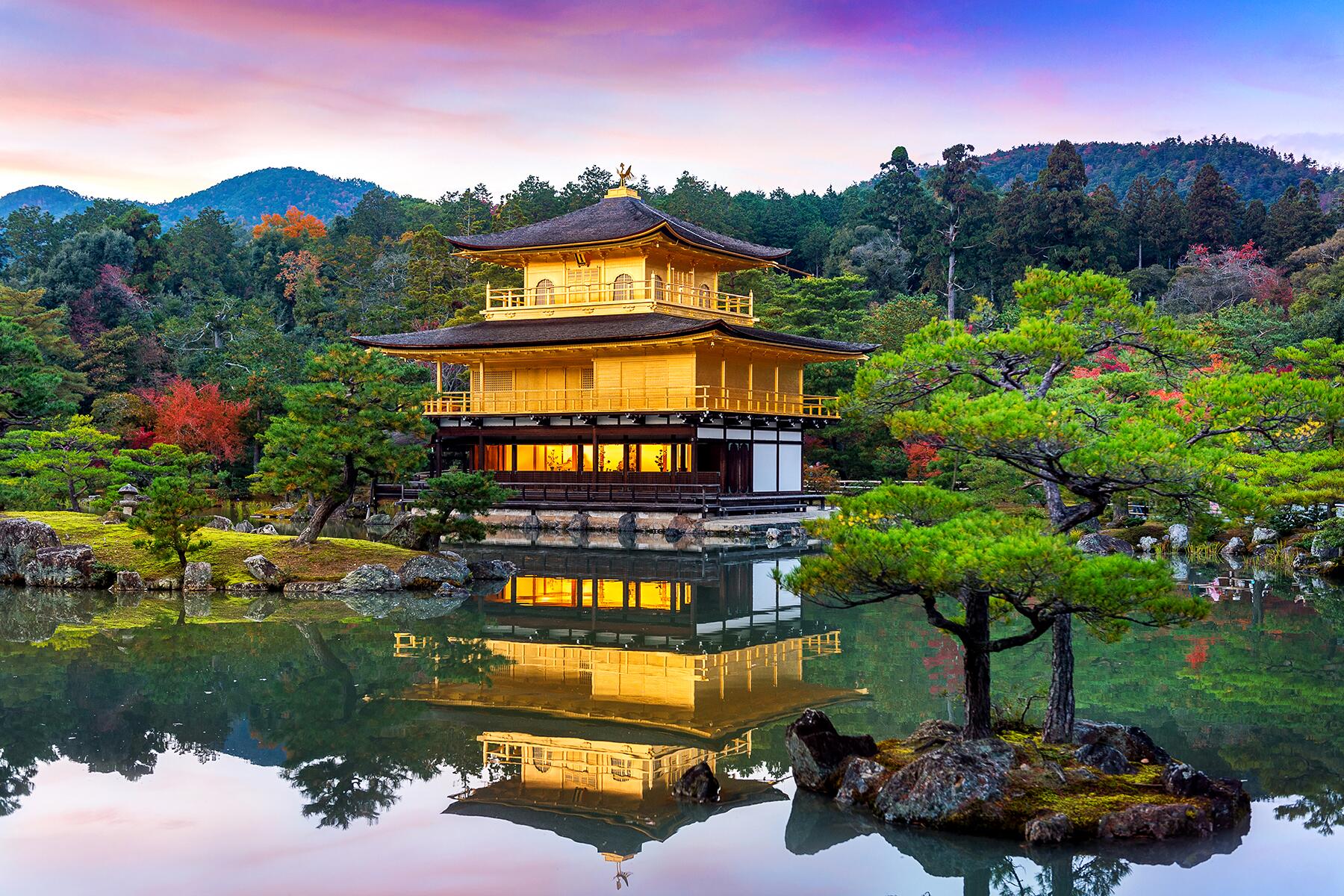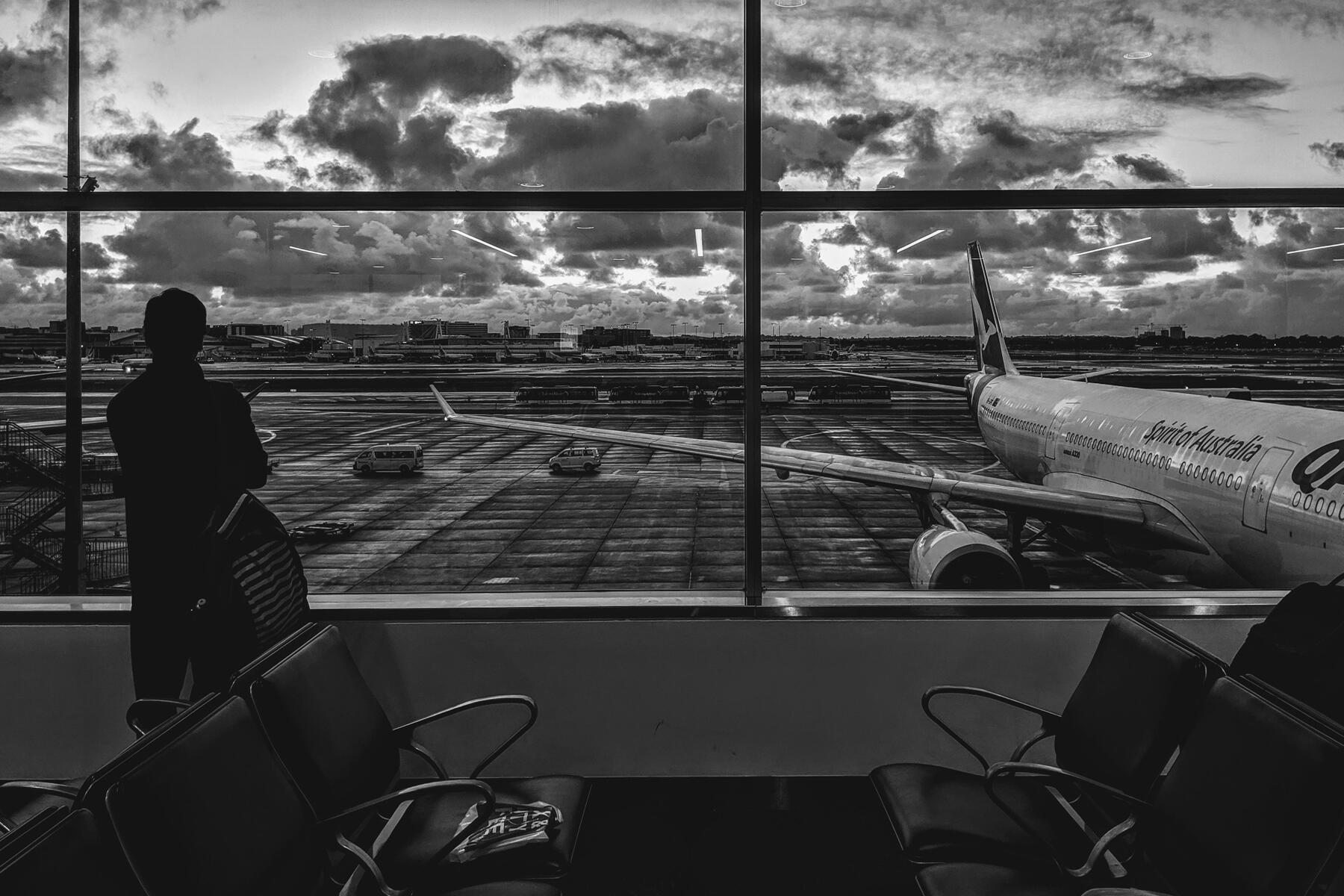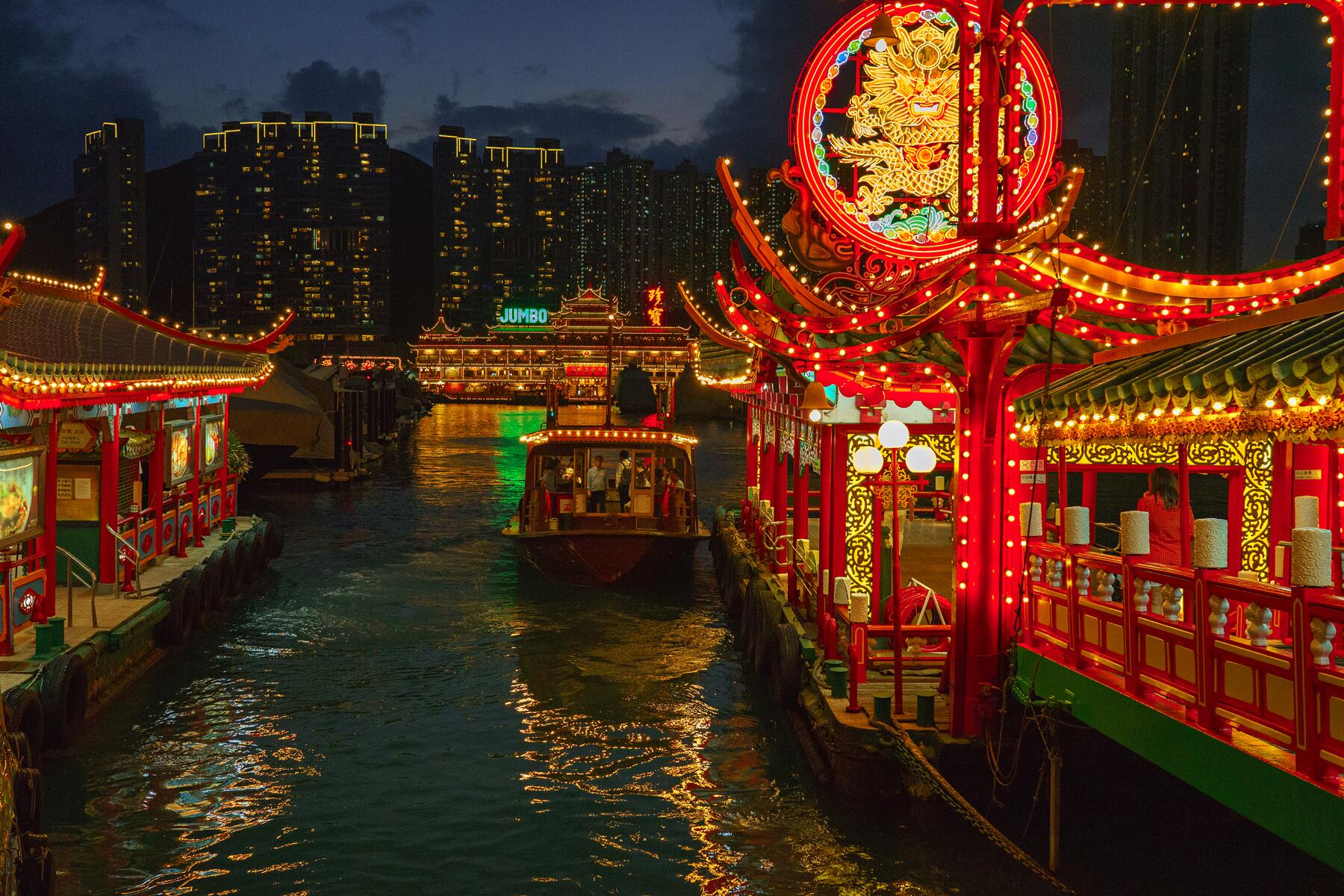You’ll be worry-free while vacationing if you take this expert advice.
It’s been more than a year of lockdowns, stay-at-home orders, restaurant restrictions, and other COVID safety measures. Now that vaccines rates are rising and other protective protocols are in place, you may be feeling ready for a vacation (after all, we could all use a break from this pandemic). However, there are still a few things to keep in mind when traveling right now. Breakthrough cases and new variants can deter even the best-laid vacation plans or leave you with a bit of unrest regarding the state of your trip.
Megan Warner, a travel designer for Lily Pond Luxury, notes that she is still seeing concern over traveling; however, it seems to be on a case-by-case basis. Warner explains that while some people feel comfortable with their immunity, others struggle with taking extra precautions both while traveling and when arriving at their destination.
“Travelers are absolutely still concerned, for the most part,” says Warner. “Some people feel safe simply wearing a mask, and others need to hear about all the protocols in place each step of the way.”
Additionally, travelers need to be cognizant of their exposure to germs, says Dr. Adrian Popp, Chair of Infection Control at Huntington Hospital in Huntington, NY. Travelers need to be aware of the germs they can encounter in different places and be comfortable with that level of vulnerability.
Recommended Fodor’s Video
Once you narrow down a place to visit, both Popp and Warner suggest doing your research. Popp recommends checking the COVID rate in your desired destination, as well as seeing what other safety protocols are in place to mitigate the spread of the virus and its variants.
“Some places are safer than others,” says Dr. Popp. “In some places, you are still just wearing masks, while in others, you cannot even visit unless you are vaccinated and have proof of vaccine. You need to do your research and look at the health measures in place and what you will need to do in order to get home.”
Popp explained that traveling by car is the top choice if you’re looking for the safest way to travel. Your exposure can be minimal, and you can control your environment for the most part. But if that island vacation requires air service or if you’re heading into a big city and will be on public transportation, there will be a greater risk of infection due to the number of people. “Transmission is low, but it’s not zero in places where people congregate. Crowding means more of a risk even with masks,” adds Dr. Popp.
If you’re dead-set on public travel, Popp notes that there are a few ways to ensure your own exposure time is limited. On shorter flights, he notes that skipping a meal to keep your mask on is one of the smartest travel moves. “People take their masks off to eat for half an hour or 45 minutes, so you can be exposed,” says Dr. Popp. “It’s not foolproof.”
While on trains, make a reservation and purchase extra seats around you and your travel companions to keep distance, if feasible. If not, Dr. Popp suggests following the guidelines for air travel and staying masked up when exposed to people.

While some people feel just fine heading to Europe or visiting larger cities, there is a current trend in which people are looking for less crowded places to vacation to help minimize exposure to viruses. In a recent survey conducted by the U.S. Travel Association, it was noted that “of those traveling in the near term, 44% are only considering domestic destinations and 38% are focused on less crowded places.”
Dr. Popp agrees that when planning to travel, places that offer the least amount of exposure to others prove the safest. In general, resorts and other outdoor and widespread accommodations are a safe bet and can offer amenities like private cabana service that help you maintain social distancing.
“Look for places in which you can control your environment,” advises Dr. Popp. “Places like an Airbnb, suite-style hotels, or places with private villas can minimize your exposure to other people and, by design, COVID. Hotels and resorts are trying to do their best with cleaning processes and the requirement of vaccinations.”
While Warner predicts a return to city destinations will be poised for growth in 2022, people are still looking for seclusion. She’s seen an uptick in all-inclusive bookings as well as secluded villas and bungalows where guests can have their own space and limited contact with other people.

Although they may be more expensive, leisure travelers are looking for amenities like rooms with private plunge pools, balconies, patios, or VIP services like a butler. “In general, travelers are booking larger accommodations and are spending more time in their rooms,” notes Warner. But, no matter how much distance you can put between yourself and others, there is always a threat of possible exposure to COVID.
“The number one concern [for travelers] is contracting COVID,” adds Warner. “This can be in one of two ways: what if they get COVID before departure and won’t be able to travel? Will they be able to cancel and get their money back or at least change the trip dates? Or, what if they get COVID while on vacation and can’t get back home? We are very clear about cancellation policies with all our clients since this is such a hot topic. We always recommend travel insurance as that is really the only way to ensure you are covered completely.”
Warner explains that while she walks a lot of her clients through COVID-specific scenarios, she notes that travelers need to carefully read all policies and procedures and consider their safety. She requires that her clients complete forms, declarations, and anything else related to their health before travel. One tip she offers travelers is to make time to test for COVID before heading back to the States (a requirement for most international travelers, anyway) and be aware of the nearest testing sites to your accommodations.
“If traveling outside the U.S., it’s important that either a hotel offers COVID testing on-site or can help find a testing site for you in the area. It really gives peace of mind if this is all set before traveling even begins,” advises Warner.
While COVID-19 and its variants are still a very real threat, both Warner and Dr. Popp explain that taking simple precautions—no matter where or how you are traveling—can limit your exposure. However, both experts agree that staying the safest depends on how much you can control your environment. In addition to staying smart about mask usage and keeping socially distant, ensuring proper hygiene is also imperative. Additionally, says Dr. Popp, testing after a trip isn’t always a bad idea, either, even if you’re vaccinated.




